Abbey* has been fighting her addiction to methamphetamine for the past eight years and it wasn't until she accessed a rehabilitation service in Sydney that she became a "totally different person".
"I lived in Western Australia and meth was a big thing over there, I started recreationally using it after a family member passed because I couldn't deal with day-to-day life," she told 9news.com.au.
Abbey thought she had control over her usage, maintaining a job and even moving to New South Wales but her addiction meth, also known as ice, continued to "creep up" over the years.
READ MORE: Perrottet doubles down on zero tolerance approach to drugs in NSW
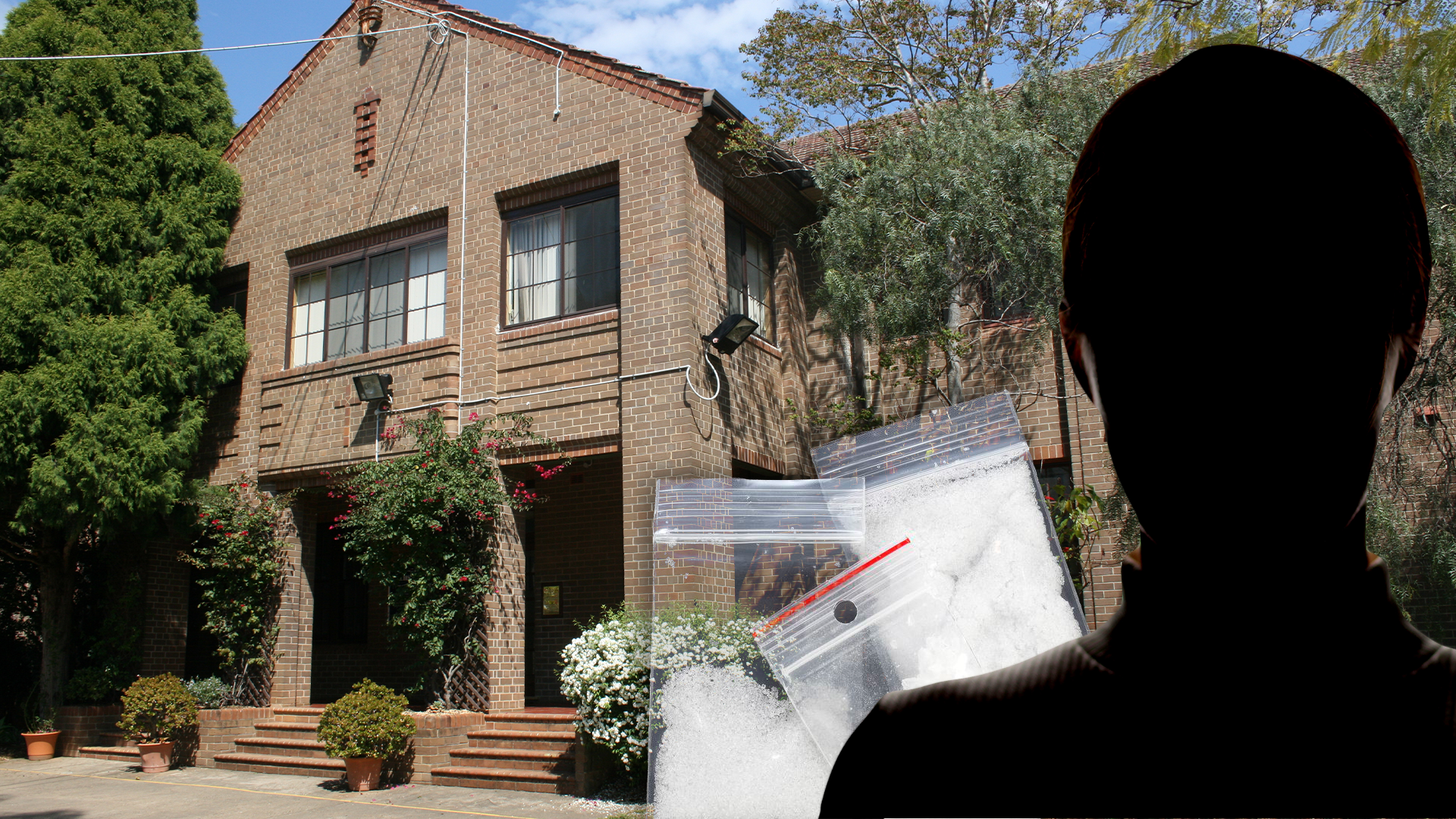
Have you got a story? Contact Savannah at smeacham@nine.com.au
Her uncle suggested she should go to Odyssey House in Sydney, a drug and alcohol treatment service, where she finally got the help she needed.
"I came in a very broken person, very unwell, and over the months I've been here I've gained my self-esteem back and my self-worth," she said.
"I'm a totally different person."
Services like Odyssey House will receive major government support for the first time in 20 years after the response to the state's ice inquiry was handed down last month.
The ice inquiry was sparked by multiple drug-related deaths at music festivals in 2018 and took an in-depth look at the impact of amphetamine use on Australian families and communities.
The Perrottet government, although maintaining a hard anti-drug stance, announced a $500 million investment into health and rehabilitation services as well as reforming the state's justice system.
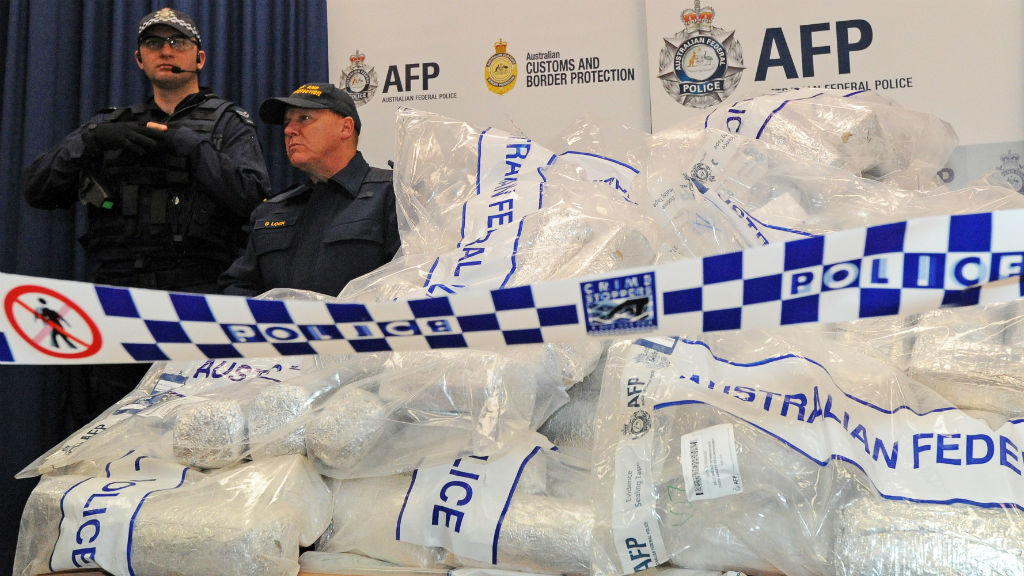
READ MORE: Why drivers are being told to fill up petrol now
More than $160 million will go towards rehabilitation and support treatment for services like Odyssey House.
Director of programs at Odyssey House David Kelly said services are grateful for the government response but are "cautiously optimistic and hopeful" about the future of drug rehabilitation support in NSW.
"We're really pleased with the breadth of the areas they're looking at with the response from different levels of diversion including merit and drug courts, plus other health initiatives, initiatives for families, initiatives for vulnerable populations and initiatives for regional areas," he said.
"But ... the proof of the pudding is in the eating."
Kelly said there hasn't been any detail about what the funding will look like in practice for rehabilitation services yet.
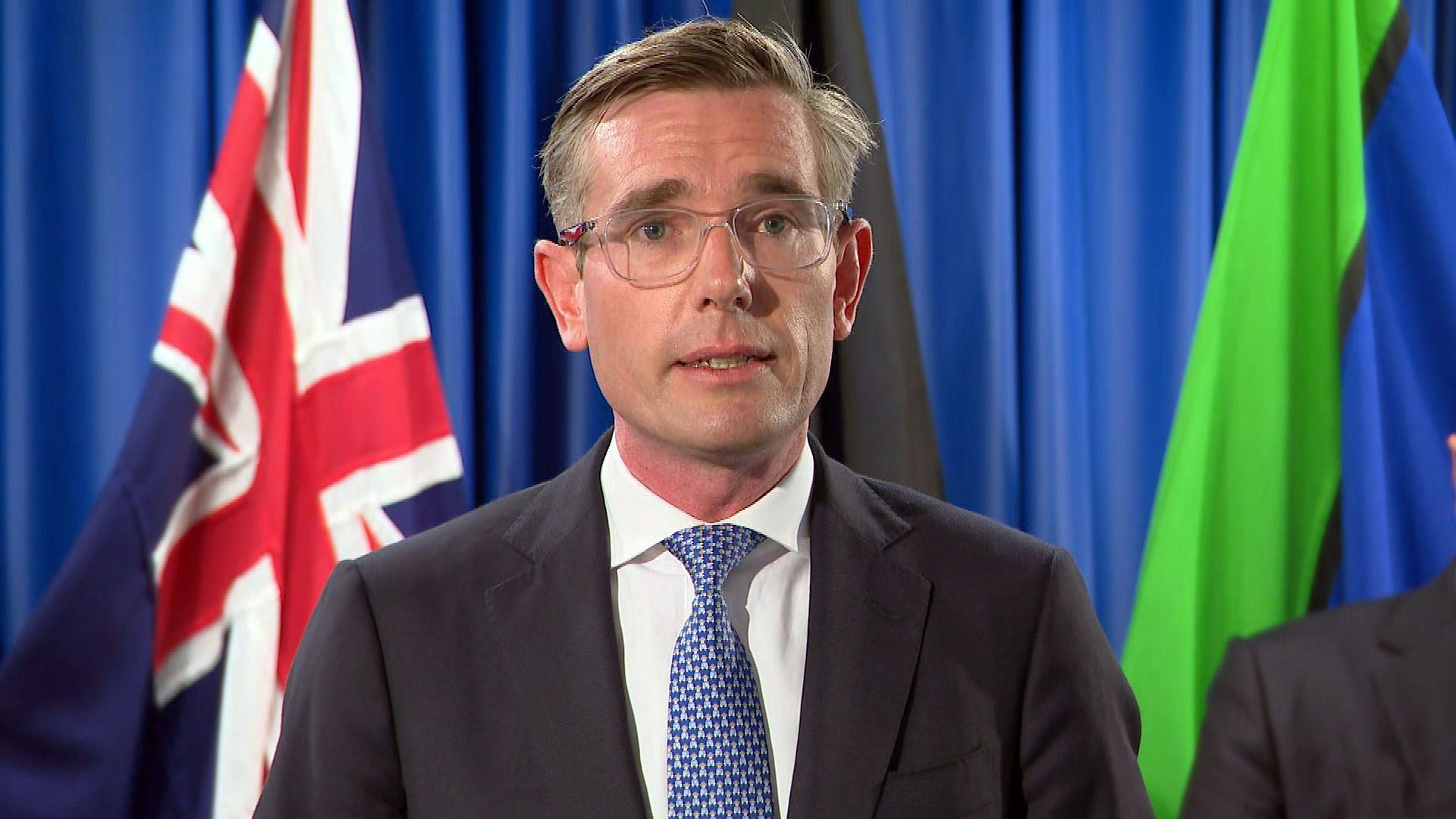
Premier Dominic Perrottet has made it "very clear" he will not support decriminalising low-level personal drug possession, which was one of the 109 recommendations made in the $10.8 million drug inquiry.
Kelly said the decriminalisation aspect of the response could have gone further.
"We would have liked to see decriminalisation but we're cognisant that the community needs to be on board, but it's certainly a step in the right direction, not the wrong direction.," he said.
"This is an opportunity to bring the community, who may not have as good an understanding as the support services do, to bring them on board."
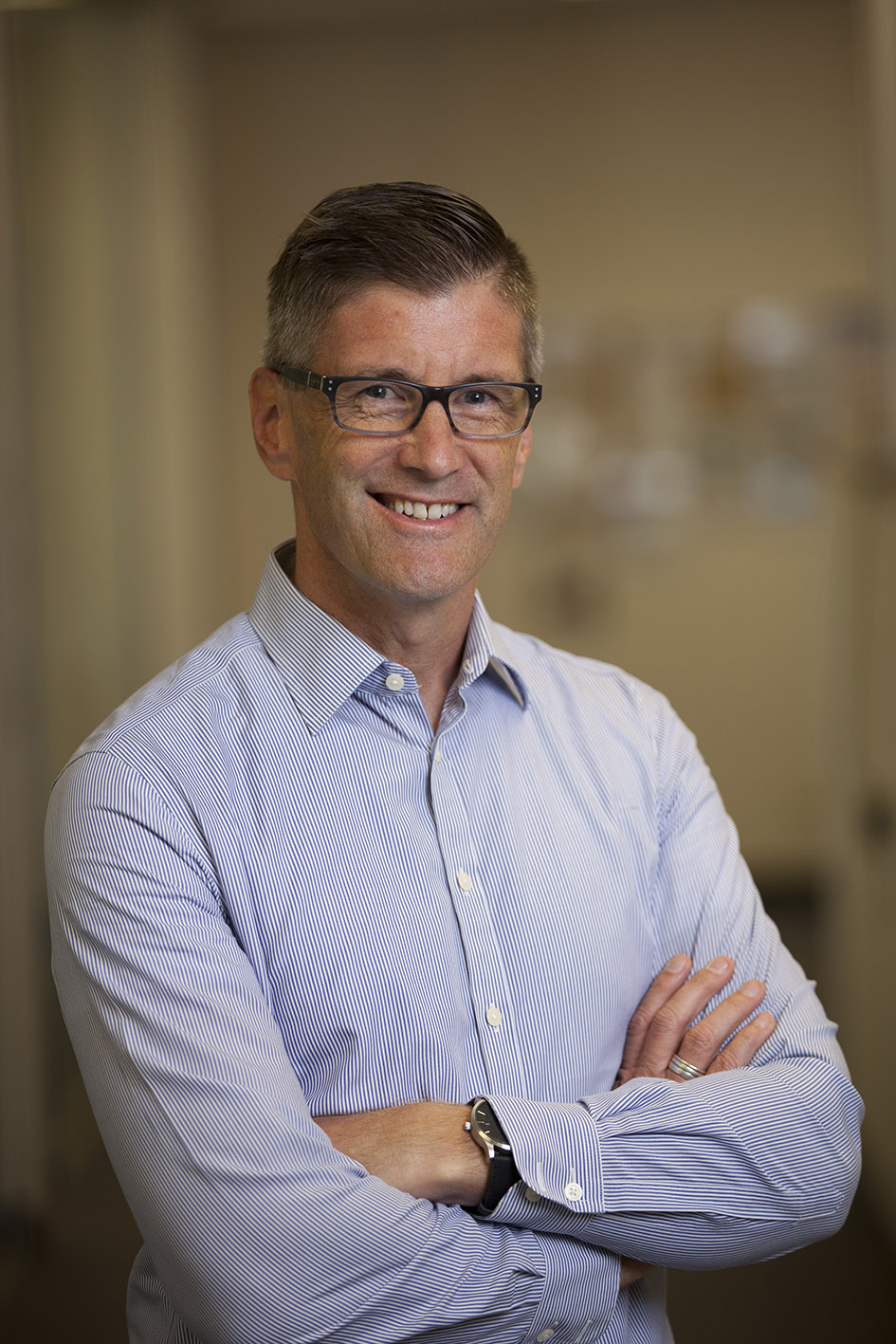
Instead of taking up the decriminalisation recommendation, the government decided to implement a "two strikes" policy so drug offenders have two chances before being sent to drug court.
The policy means "drug offenders", instead of getting fined, can undergo a drug rehabilitation program as the government tries to find a balance between its hard anti-drug stance and ensuring addicts are supported through health programs.
Kelly said there are programs and services "screaming out" for help, and hopes the government will respond to those as a matter of urgency.
"Some of that money needs to start supporting additional places in treatment services right now," he said.
But he warned some areas can't be rushed, like getting more workers into the drug rehabilitation sector, or the cross-over with housing and homelessness.
"It would be better to get it right than quick in those bigger picture aspects," he said.
For people like Abbey, she said the government approach is "fantastic" as it will provide more users with the opportunity to access help.
"There's hasn't been that much out there for us to reconnect with ourselves," she said.
"Unless through a friend of a friend, or we Google things, it's not easy to get into rehab.
"So it's very, very exciting and very optimistic for the future if more people can get help."
Outside of the government response, Abbey called for more awareness among the everyday person about addiction as well as removing the embarrassment and stigma when talking about it.
READ MORE: Federal Budget 2022: Winners and losers
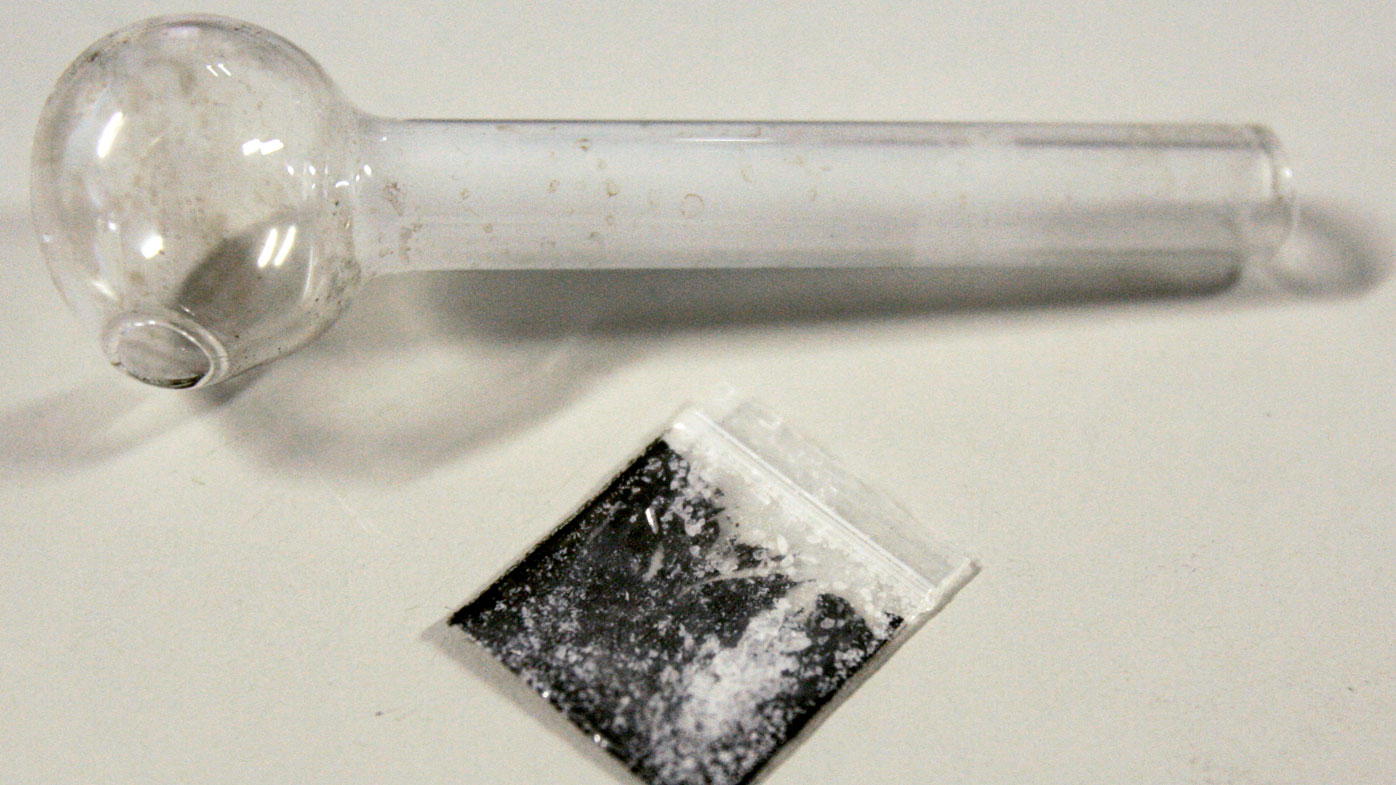
"It's a drug that is so available and people you wouldn't imagine in a million years turn to that drug," she said.
"There needs to be more understanding.
"We talk about alcohol like it's nothing and if that could be done for people with a methamphetamine addiction, that would be great."
Methylamphetamine remains the most widely used illicit drug in Australia, according to an analysis of the nation's wastewater.
Australian Criminal Intelligence Commission said there were 8.8 tonnes of ice detected between 2021 and 2021.
This was a significant jump from the second most prevalant, with cocaine at 4.7 tonnes.
* Name has been changed
Crisis support is available from Lifeline on 13 11 14.
Alcohol and drug support is available from Family Drug Support Australia on 1300 368 186.
The National Alcohol and Other Drug hotline provides support on 1800 250 015.
Source: https://ift.tt/STVZb14
Comments
Post a Comment